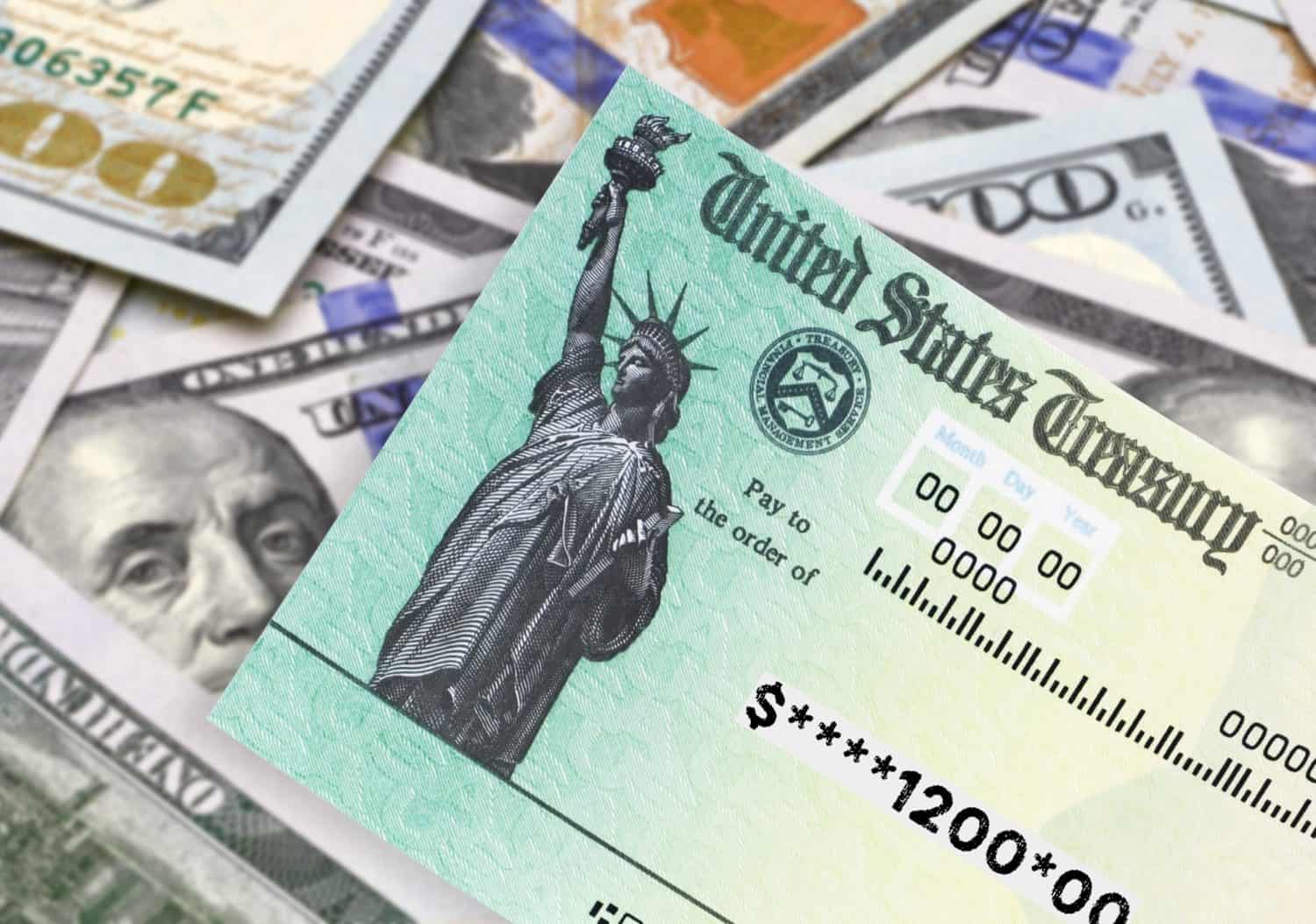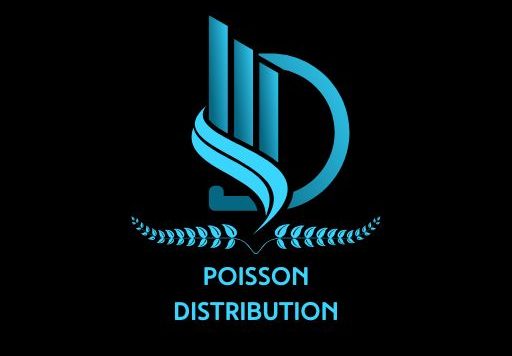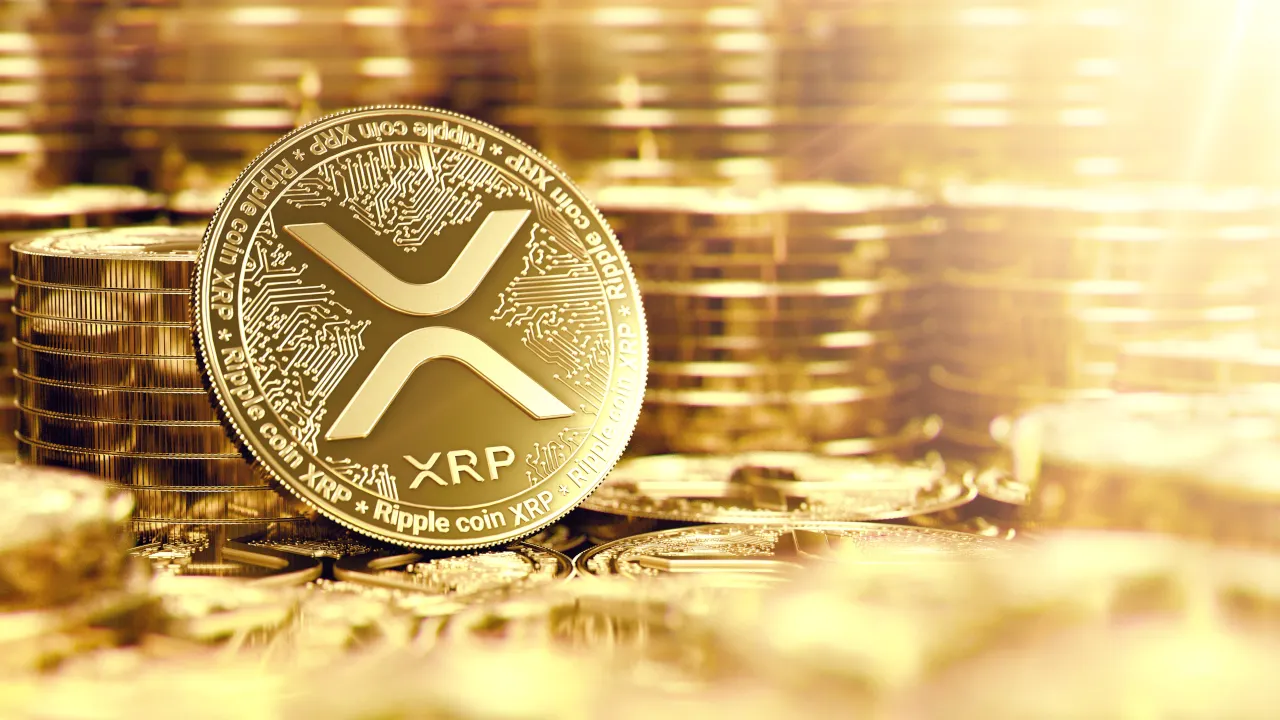- Georgia Power Gives Tips on Savings Over Colder Temps
- Tips to help you stick to your financial resolutions in the new year
- Case study: Unlocking cost savings and operational efficiencies through procurement
- Norway Savings Bank makes $2,000 donation to Harrison Food Bank
- Wyoming Education Savings Account Family Application available New Year’s Day – LocalNews8.com
Personal Finance
This post may contain links from our sponsors and affiliates, and Flywheel Publishing may receive
compensation for actions taken through them.
24/7 Wall Street Key Points
- High Yield Savings accounts offer comparable and often superior annual yields when compared to US T-bills.
- US Treasury issues have lost their AAA rating due to huge debt and other conditions that have introduced concerns about the US economy’s future trajectory.
- The liquidity flexibility and other parameters of High Yield Savings accounts can be an attractive advantage for investors who are still struggling with inflation-fueled high prices for goods and services.
- Since they are not subject to market conditions, High Yield Savings Accounts have market volatility protection in the event of a recession.
- The best high-yield savings accounts are paying way more than most Americans realize, with some offering cash bonuses for new accounts. Click here to see our top pick today. (Sponsored)
Ever since the end of World War II, US Treasury Bonds and Treasury Bills have been considered the AAA Standard of principal safety among debt instruments. This was due to the perception that the US economy was inviolate, and its strength would perpetually go unrivaled. Thanks to the 1944 Bretton Woods Agreement, the US dollar became the world’s reserve currency, and President Nixon’s 1973 deal with OPEC to protect Saudi Arabia’s oil fields with US military forces spawned the petrodollar.
Unfortunately, these advances led to complacency and profligacy from Congress in subsequent decades that has undermined the US economy. Debasing the US dollar with foolish, wasteful, and potentially criminal spending sprees with taxpayer dollars both here and abroad, the national debt stands at a humongous $36 trillion, and is adding another trillion roughly every fiscal quarter. The US credit rating was downgraded in 2011 by S&P and in 2023 by Fitch to AA+, and Moody’s issued a negative credit watch alert late in 2023.
The bulk of the global bond industry still uses US Treasury bonds as its benchmark for pricing and yields of corporates and other debt. However, these economic concerns have fostered the growth of BRICS and other international alternatives.
US T-Bills: The Safest Short-Term Debt

Xem thêm : Promised patient savings from state Rx board unlikely | PODIUM | Opinion
US Treasury Bills are debt securities guaranteed by the US government with maturities of one year or under. They are issued and sold in auctions in maturities of 4, 8, 13, 17, 26, and 52 weeks. Unlike Treasury Bonds, which have longer maturities and interest rate coupons, Treasury Bills are zero coupon instruments. Therefore they are sold at a discount to par (face value) and redeemed at par when they reach maturity. For example, par for a T-Bill is $1,000 face value. A 52-week T-Bill purchased at $965.00 would equate to a 3.64% annual return rate, provided the T-Bill is held to maturity.
While they can easily be sold, T-Bills are an all or none proposition, so they cannot be divided or incrementally sold in pieces. However, brokerage firms will offer margin loans against them. Due to their relatively short maturity and the imprimatur of the US government standing behind them, US T-Bills are considered one of the safest debt instruments for investors.
High Yield Savings Accounts: A Domestic Alternative For US Investors
Due to Bidenomics-triggered inflation and subsequent Federal Reserve interest rate hikes, the economic landscape for US citizens has undergone major changes. As a result, risk averse investors who would normally invest in US T-Bills out of habit might want to look at other options. High Yield Savings Accounts (HYSA) are one alternative worth further exploration for a number of reasons. They are structured similarly to standard bank savings accounts, which may include checking and ATM card privileges. Although HYSA interest, which is variable rate, may also be subject to state taxes depending on one’s domicile of record, they usually have no minimum investment amount .
Comparing High Yield Savings Accounts Advantages vs. US T-Bills
High Yield Savings Accounts boast several features which can make them a viable alternative to US T-Bills. Below are five of them:
-
- Liquidity – This is perhaps the most significant difference between T-Bills and High Yield Savings Accounts. Purchases of US T-Bills are basically the equivalent of getting an I.O.U. from the US government for a fixed period of time, up to a year. For whatever that term may be: 1 month, 4 months, 52 weeks – those funds are locked up for the duration. With HYSA, there may be a minimum floor deposit required to earn the agreed upon yield, but otherwise, any amount above that level is fully liquid and can be withdrawn at the account owner’s discretion. Available cash for emergencies is a huge looming concern for the majority of Americans, since the price for necessaries, like food and medicine, have escalated anywhere from 20-200% for a wide range of items.
- Higher Yields – In general, the APY for High Yield Savings Accounts is roughly 150 basis points higher than for US T-Bills of equivalent maturity at the time of this writing. Compared to standard savings accounts, however, the HYSA yields can vary between 10X-20X higher.
- Equivalent Safety – As debt issues from the US government, US T-Bills carry the guarantee of the US government for protection of principal and interest. HYSA are FDIC insured for up to $250,000. As a US government insurance company, FDIC protections are considered equivalent in safety, so there is no diminishing of security if choosing the HYSA over a T-Bill, if the other features are preferable.
- Compounding Interest vs. Zero Coupon Interest Market Risk – While the overall net return on investment can potentially be higher on a Zero Coupon bond, such as US T-Bills, (which are sold at a discount and mature at par), the compounding interest of a High Yield Savings Account is less subject to interest rate fluctuations if a redemption or account close out is required due to an emergency. This is because the market price of the T-Bill is subject to Treasury bid/offer. If interest rates go up, the T-Bill is worth less. Conversely, the balance of a HYSA is not affected by market conditions.
- Institutional Variety – High Yield Savings Accounts are available from a variety of well known institutions, such as Capital One and American Express, as well as lesser known ones that may only be available online. Nevertheless, the field is competitive, and obtaining attractive terms and higher yields can be conveniently comparison shopped online. If getting a HYSA from a preferred institution is a requirement, that is often easily accomplished.
Like any other asset classes, High Yield Savings Accounts are not a one-size-fits-all all affair. Nevertheless, the current economic climate created by rampant inflation and a debased US dollar have spawned a need for financial investment alternatives to the old standbys. The incoming President Trump administration will have its hands full in trying to reduce the national debt and excess spending of Congress, but it will be an uphill battle that won’t resolve quickly. The superior liquidity and market volatility protection of High Yield Savings Accounts make them a viable short term investment worthy of consideration as we enter 2025.
The Average American Is Losing Their Savings Every Day (Sponsor)
Xem thêm : New Year, new Medicare savings
If you’re like many Americans and keep your money ‘safe’ in a checking or savings account, think again. The average yield on a savings account is a paltry .4% today, and inflation is much higher. Checking accounts are even worse.
Every day you don’t move to a high-yield savings account that beats inflation, you lose more and more value.
But there is good news. To win qualified customers, some accounts are paying 9-10x this national average. That’s an incredible way to keep your money safe, and get paid at the same time. Our top pick for high yield savings accounts includes other one time cash bonuses, and is FDIC insured.
Click here to see how much more you could be earning on your savings today. It takes just a few minutes and your money could be working for you.
Thank you for reading! Have some feedback for us?
Contact the 24/7 Wall St. editorial team.
Nguồn: https://poissondistribution.lat
Danh mục: News





